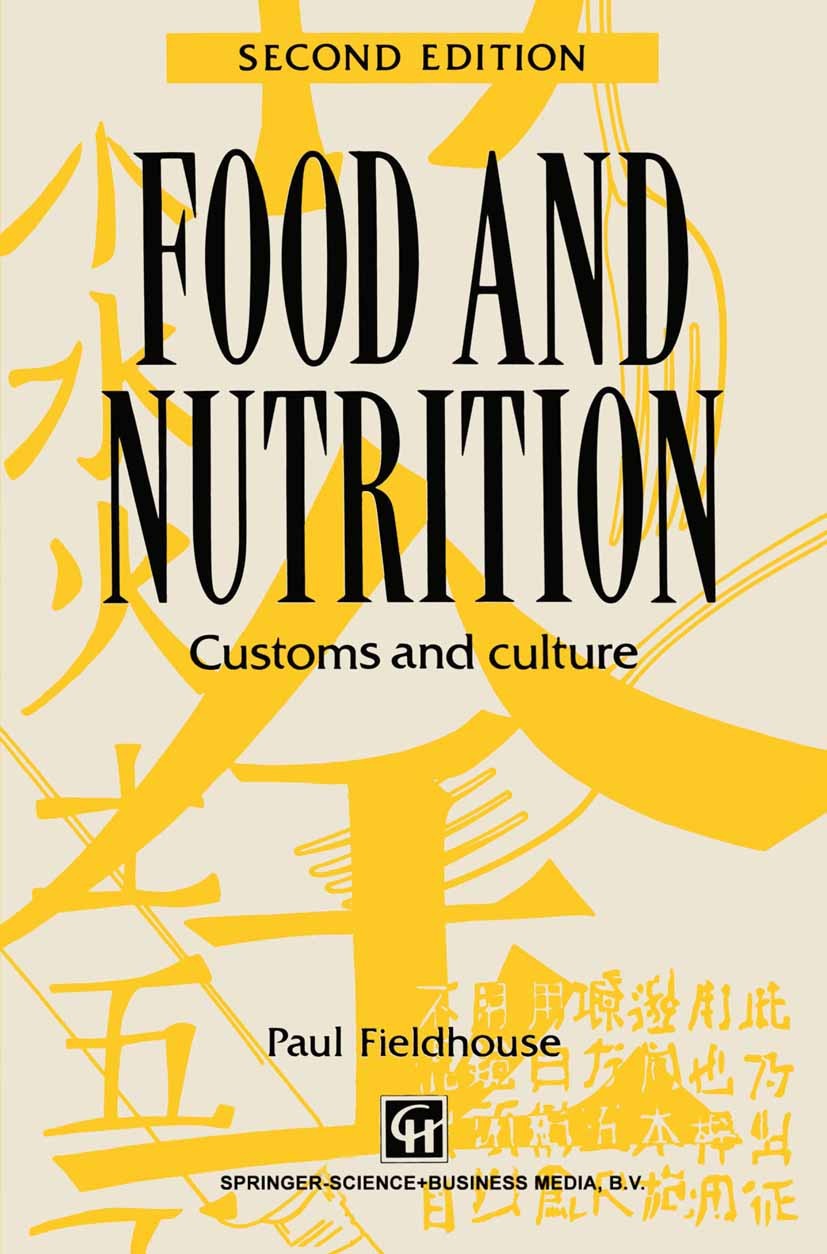| 書(shū)目名稱(chēng) | Food and Nutrition | | 副標(biāo)題 | Customs and culture | | 編輯 | Paul Fieldhouse | | 視頻video | http://file.papertrans.cn/346/345128/345128.mp4 | | 圖書(shū)封面 |  | | 描述 | As someone who was trained in the clinical sdentific tradition it took me several years to start to appreciate that food was more than a collection of nutrients, and that most people did not make their choices of what to eat on the biologically rational basis of nutritional composition. This realiza- tion helped tobring me to an understanding of why people didn‘t always eat what (I believed) was good for them, and why the patients I had seen in hospital as often as not had failed to follow the dietary advice I had so confidently given. When I entered the field of health education I quickly discovered the farnaus World Health Organization definition of health as being a state of complete physical, mental and social well-being, and not merely the absence of disease. Health was a triangle -and I had been guilty of virtu- ally ignoring two sides of that triangle. As I became involved in practical nutrition education initiatives the deficiencies of an approach based on giving information about nutrition and physical health became more and more apparent. The children whom I saw in schools knew exactly what to say when asked to describe a nutritious diet: they could recite the food guide | | 出版日期 | Book 1995 | | 關(guān)鍵詞 | Vitamin; children; food; health; nutrition | | 版次 | 1 | | doi | https://doi.org/10.1007/978-1-4899-3256-3 | | isbn_softcover | 978-1-56593-339-2 | | isbn_ebook | 978-1-4899-3256-3 | | copyright | Springer Science+Business Media Dordrecht 1995 |
The information of publication is updating

|
|
 |Archiver|手機(jī)版|小黑屋|
派博傳思國(guó)際
( 京公網(wǎng)安備110108008328)
GMT+8, 2025-10-8 14:25
|Archiver|手機(jī)版|小黑屋|
派博傳思國(guó)際
( 京公網(wǎng)安備110108008328)
GMT+8, 2025-10-8 14:25


